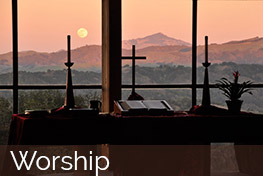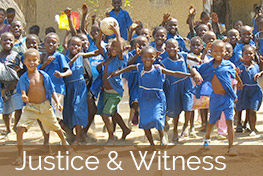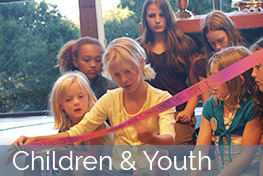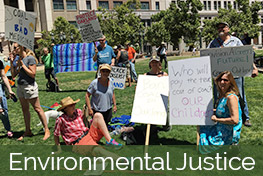Can you believe it? This weekend is Labor Day! Where has the summer gone? Where has 2020 gone? I imagine far fewer of us are “getting away” for Labor Day weekend, so perhaps you’ll have time to remember the unique origins of how and why the US decided to change Labor day from May 1st, ’International Worker Day, from the rest of the world, to a sleepy weekend at the end of the summer.
“There’s an old Irish myth about how when the center falls apart, when there is no big unifying story that can be told in public so that everyone remembers, yes, we all are in this together, when that happens, when the center cannot hold, the old story says then it’s time for each person to go to the margins and the edges of life. Because the center when it’s missing does not completely disappear. Rather, the elements of the center are then found at the margins and edges of life. And so it becomes a time for each person to go to the edge that attracts them and at the same time causes them to be fearful.
And the old story says that if each person goes in the direction that is both attractive and fearful to them, they will find that at the edge of their life a thread, and if each person would then pick up that thread and begin to pull it back towards the center, then the unifying center can be remade from the weaving together of many individual threads of life. In the greater myth that serves life, not death, no one has to be heroic and do it all or claim that they are the only one who can do it. Each person is just responsible to find their thread and find a way to weave it back into life. And the key to this narrative of the great way is that no one can be excluded for any reason, not because of their age, or their origin, or their race, or their economic disposition. Because each person has a life thread that has vitality and meaning and creativity in it.
And the point isn’t to indulge in some kind of magical thinking that would say that no one is going to die on this troubled path that we all share at this point. And certainly, the point cannot be that we’re all going to go back to life and business as usual. The understanding of the bigger myth right now is the world as we knew it is already gone. The point now is to be inhabiting a bigger, unifying living myth in which the words that we are all in this together have genuine, heartfelt meaning. We are in a time of radical change throughout the world, where life and death are struggling on a daily basis. And that requires each of us to change and come out of the crisis as greater souls not smaller people.”
– Michael Meade








